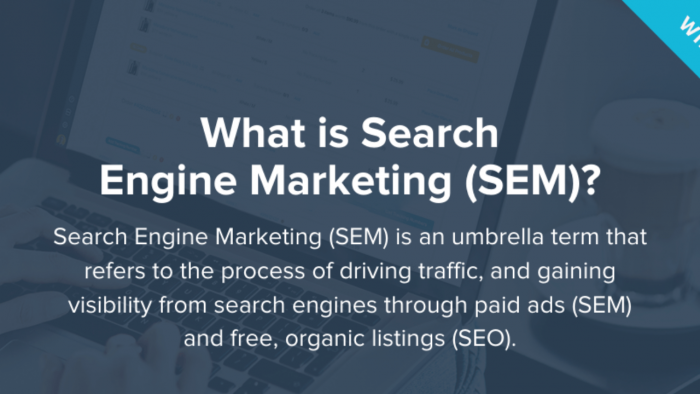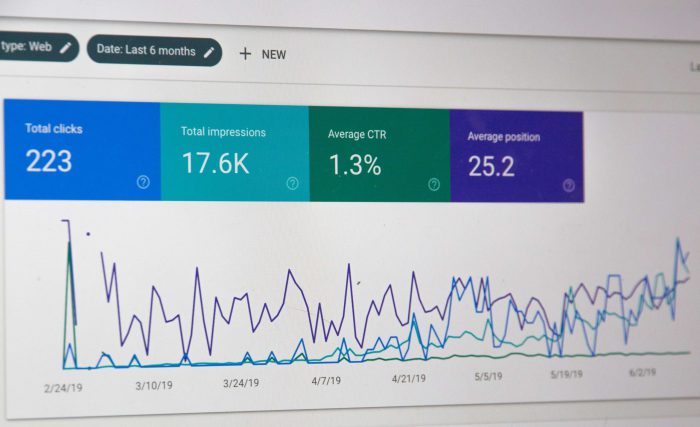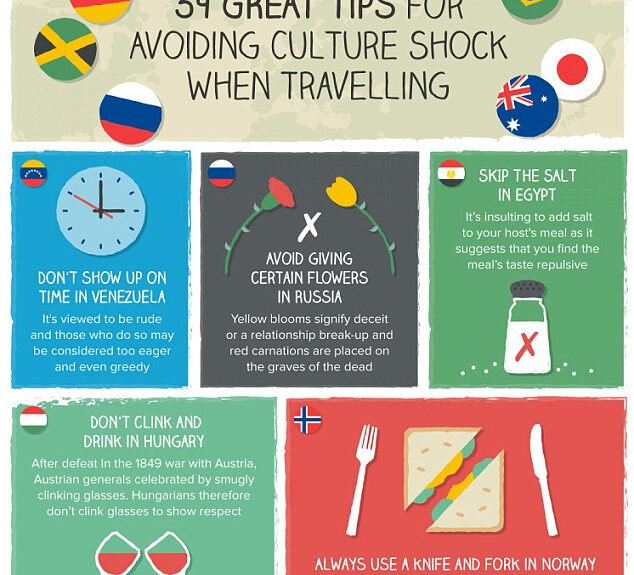For some clients, there is an ongoing tension between SEO and PPC when planning a search strategy and splitting the digital marketing budgets. But in reality, paid and organic channels are more connected than they appear to be as both aspire to attain the same goals: gaining more visibility in SERP, improving targeted traffic, driving conversions.
That’s why an integrated approach is better than choosing one over the other. Sharing key insights, PPC and SEO practitioners can help optimise the overall marketing budget, support both paid and organic search strategies, and win top SERP real estate on main keywords. Their tactics can be used together to power up search visibility and search engine traffic by successfully targeting the audience at every stage of the buying funnel.
In this article, we will outline key constraints between search engine optimisation and search advertising, as leading marketing channels, and present the top benefits of integrating them both into your overall marketing strategy:
- What PPC and SEO stand for
- What is the relation between SEO and PPC
- SEO vs PPC – how they affect each other
- 7 benefits of using SEO and PPC in synergy
What is SEO and PPC in digital marketing?
SEO stands for Search Engine Optimisation. PPC stands for Pay Per Click Advertising. Both of these are used for SEM (Search Engine Marketing). But there are some key differences between the two. Traffic generated from SEO is free. Traffic generated from PPC, as the name implies, isn’t free.
SEO vs PPC
A common mindset has led to the belief that SEO and PPC work against each other or that you should choose one over the other. But here’s the truth: organic search and paid search actually function off of many of the same principles. This means that both PPC and SEO can be at the same time part of your search strategy. By working together, both PPC and SEO would boost your landing pages visibility, traffic, and conversion rate. However, if PPC and SEO teams fail to communicate properly, some confusing problems can arise.
How does PPC affect your SEO strategy?
Within the search results pages the PPC listings (e.g. Google ads, Google shopping) have preferential real estate, which means that they get more visibility because they appear on top of the organic search results. While they don’t directly affect the SEO strategy, since ad copy and organic metadata run independently, they complement each other in improving search visibility. The more real estate you get on your keywords, the more traffic you drive to your website.
SEO and PPC integration for best return of your search marketing efforts
Aligning your PPC campaigns to your SEO performance can have a significant impact on your audience, working together to build your online reputation. Here are the top seven instances when you can use SEO and PPC data together to your advantage.
Benefit #1: SEO and PPC Drive Success For Marketing
If you want a successful online campaign, then you’ll need collaboration between the two sides. Search Engine Results Pages (SERP) are spaces where both PPC and SEO operate. It only makes sense that the two teams work together to share knowledge and information within this space. With a joint effort, the two different channels will be able to operate together to bring overall success above and beyond.
For budget efficiency purposes, the SEOs and PPC marketers can exchange reports to spot the search terms that are not performing well and discover keyword opportunities from one side to the other. Similarly, you can approach the PPC strategy as a way to measure how specific search terms are performing so you can then adjust your organic and paid search marketing strategies accordingly.
If there are cases where the SEO campaign is sufficient for your search engine rankings purposes, then you can adjust the PPC campaign to exclude specific terms. There can also be cases where the PPC campaign can complement the SEO campaign and join efforts for improved organic and paid search visibility.
While it is ideal to rank well in search marketing on both channels, you can still get traffic from the search engines by knowing when to adjust your marketing strategy to attract more search traffic from either channel to your site, while balancing out the SEO efforts and the PPC budget.
Benefit #2: Avoiding Content Disappearance
SEO and PPC teams will both benefit from sharing inventory issues with each other. There are certain content management systems (CMS) out there which can cause issues with inventory. They’re used for managing stock. But they’re not always compliant with the efforts of digital marketing. With a lack of communication between SEO and PPC teams, you may find pages disappearing or land pages missing. This would negatively impact campaigns.
Benefit #3: Stay Up-To-Date With Changes
There may be some sort of change in the structure of the page. There could be recruiting efforts going towards a new shot-caller. Whatever the case, the SEO and PPC teams should be exchanging this information with each other. This will help both teams stay on top of any changes made to the brand, allowing full control of optimisation and management.
Benefit #4: Avoid Panic From The Other Team
The PPC team should be reporting any increases in bids to the SEO team. Otherwise, the organic team could start panicking due to the drops in visitors. By sending this information over to the SEO team, they will be better able to explain their visitation drops to clients. On the other side of the equation, the SEO team should report ranking increases to the PPC team as well.
Benefit #5: Avoid Duplication Issues
Let’s suppose that the PPC team decides on the creation of a new landing page. If this information isn’t passed on to the SEO team, this could cause duplicate pages. The end result could be a decrease in organic ranking for both teams. Every duplication issue should be handled individually between the teams.
Let’s say there wasn’t a duplicate page issue. Even so, different pages could still be ranking for the same keyword. This is called keyword cannibalisation, and should be avoided at all costs. It can be avoided by efficient collaboration between the SEO and PPC teams.
Benefit #6: Avoid Decreasing The Effectiveness Of The Other Team
There are some strategies within SEO that will have negative effects on PPC. For example, Quick Answer techniques may decrease the clickthrough rate of the PPC campaign. If this strategy is going to be implemented, then it’s important that the PPC team knows what’s going on. Otherwise, there could be panic as the PPC scrambles to search for the problem. Panic will lead to a waste of valuable time and resources. The teams should constantly stay in contact.
Benefit #7: Keyword Data From The PPC Team Will Be Utilised
The SEO team can reap benefits from the keyword data that has been obtained by the PPC team. The PPC team doesn’t use guessing tools. They use real-life keyword data which is constantly changing. This is where the SEO team can really take advantage of the information that the PPC team has to offer. This shared information will benefit both sides.
This collaboration can also lead to lower costs per click. It’s because the content on the page can be made more relevant to an ad, which will affect the Quality Score. There are nothing but positive outcomes that will come from effective communication between PPC and SEO teams.
SEO Teams & PPC Teams Will Complement Each Other
It’s commonly thought that SEO and PPC work against each other. But this just isn’t the case. Proper communication between the SEO and PPC departments can lead to great benefits on both sides of the equation improving website visibility in search results pages and increasing the CTR. Growth can be achieved on both sides if collaboration is properly organised. This teamwork will also help avoid common complications that can occur from both sides. For example, duplicate pages and keyword cannibalisation can be avoided. Communication is key.







